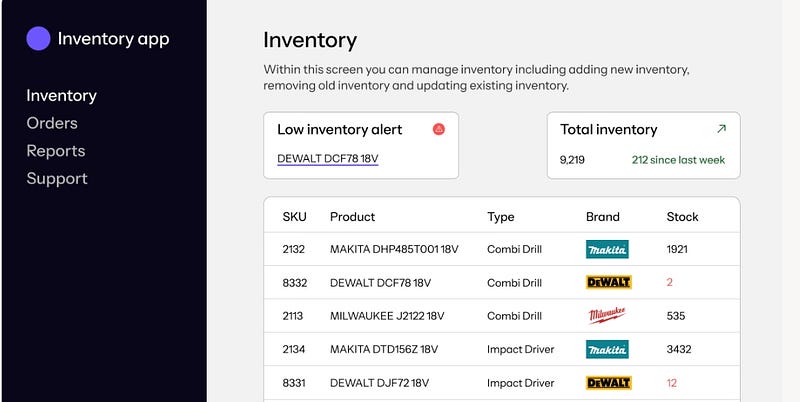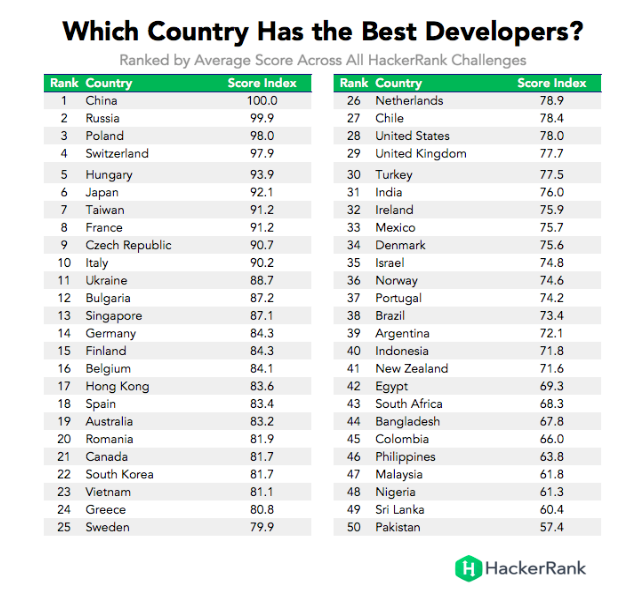Bulgaria Went Open Source: The Revisit After 7 Years

7 years ago Bulgaria decided to open source software. We’ll visit Bulgaria to check the progress to discover some interesting things
This article is brought to you thanks to paid members. Become one too!
Seven years ago Bulgaria went open source. The law introduced in 2016 obligated public entities to open source all software made on permissive licences.
After the news broke out there was a lot of discussions in the tech community ranging from enthusiasm from open source representatives, and not only, but also criticism from people who were worried about making public software government agencies.
It was a long seven years. In that single year we lost Prince, David Bowie and George Michel.

But since that time there were also good things, we discovered Proxima b centauri, a likely habitable planet just 4 lightyears from us, we noticed we destroy planet, built a recyclable rockets, flying and back flipping robots, weak AI just to name a few.
A lot of good have happened during that time, and Bulgaria also decided to make a positive effort for the future.
Compared to the previously mentioned discoveries maybe it doesn’t seem like too much. But Bulgaria decided to go open source.
However, in 2016 it was a revolutionary idea. Just as an example, Github had 6 million users in 2016, while in 2022, only in that year 20 million new users joined it.
For any country it was impossible to think to go open source. Governments usually just bought software from some companies and no one really had an idea what’s in it.

Bulgaria decided to change that. Now, after 7 years we can come back to the place of Banitsa and Lukanka and see what is the outcome of the unprecedented effort!

One of the most astonishing collaborations in this story is with Budibase. In 2022 when Russia started the full scale war against Ukraine, refugees started to flee to neighbour countries.
In this u precedenced and dynamic situation Bulgaria didn’t ask a friend of a rabit, as we say in Poland, to build an app to handle humanitarian needs.
They contacted Budibase instead, creators of open source platform to build apps and workflows.
There were also other open source projects released including the eDelivery system, a platform for the communication between government and citizens.
The effort is there, and a dedication is visible. Just five days ago Bulgarian government announced for example open source LLM trained on Bulgarian language.
The Bulgarian e-Government ministry even has a GitHub account with 115 projects published.
Interestingly enought there’s a lot of projects built with JavaScript, C# and Java, but also Kotlin, PHP.
Just two weeks ago a repository with job board was published and I think to believe it’s written with XHTML. Correct me if I’m wrong.
The repository is a fascinating educational tool if you’d like to see how government apps are written, because we have access to the source code.
Unfortunately, these repositories doesn’t seem to be the ones developers actually work on, these are what I believe, mirrors.
So we can’t see debates on tickets publicly. That would be even more fascinating, and also seeing developers from outside contributing to these projects as well.
So from one side, the code is open, great, from other side apetite is for more.
I’m sure Bulgaria has a bright future ahead. One of the most notable developers, who opted for open source was Bozhidar Bozhanov.
While it doesn’t happen often that a specialist works in the government, it occurs that Bozhidar actually made it to the government and now is running the Ministry of E-government that leads the effort to digitize services and open source code.
It’s a very inspiring story. Not only because of open source, but also a developer, who made it trough to run one of the government ministries.
I’ll surely track the progress and I have no doubts that Bulgaria will surprise us in the future too! The country is on a great track with GDP growth from 53 to 89 billion USD, and has, hands down, a really talented engineers!
The country of Sofia has a long standing image of people with naturally talented in science with an amazing impact, for example on space exploration. Bulgaria was the first country to grow wheat and vegetables on Earth’s orbit.
While it’s only just a top of an iceberg of acomplishments, let’s talk about Bulgaria in tech.

According to HackerRank Bulgaria is TOP 12 country in software engineering with the most talented Java and Python developers on Earth.
Bulgaria has an impact on software engineering, space exploration, physics, artifical intelligence, mathematics and our daily lives.
The second oldest country in Europe is a place of inventing an airbag, electronic wristwatches, a mechanism of copying papers, discovery of yogurt bacteria just to mention few.
All in all, we should watch closely what Bulgaria is doing regarding open source and software engineering, because a lot of innovation happens in Bulgaria.
Open sourcing government systems has several benefits:
- security researchers can contribute to the national security by analysing the systems
- it gives developers the possibility to learn about government needs and adjust efforts to support them
- systems are transparent increasing trust
- taxpayers actually may benefit from the software they are paying to be built
It also supports the open source and software development culture, where public agencies can participate in the movement.
Open source is backbone and the single reason why information technologies bloom in last years with events like OpenFest, one of the biggest open source conferences in the world.
It’s a great occasion to visit Bulgaria, a place of talents, fantastic nature, architecture and delightful cuisine.
Subscribe if you’d like to read more articles about programming!
